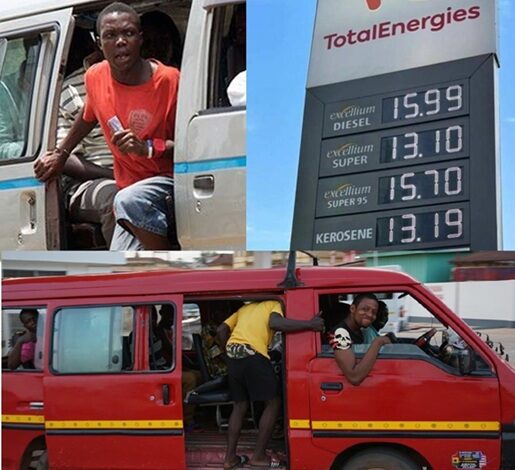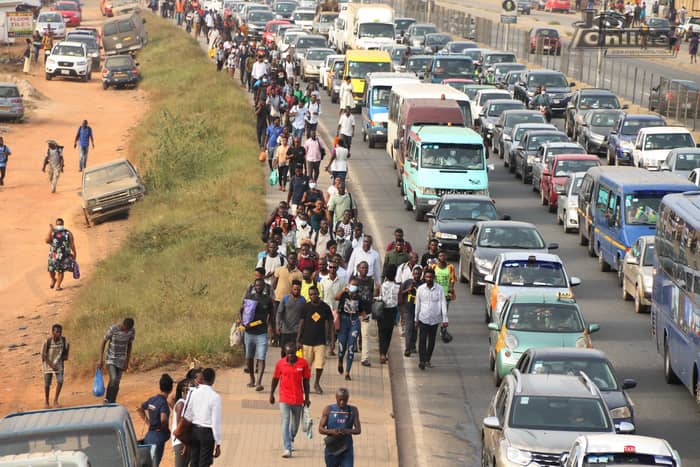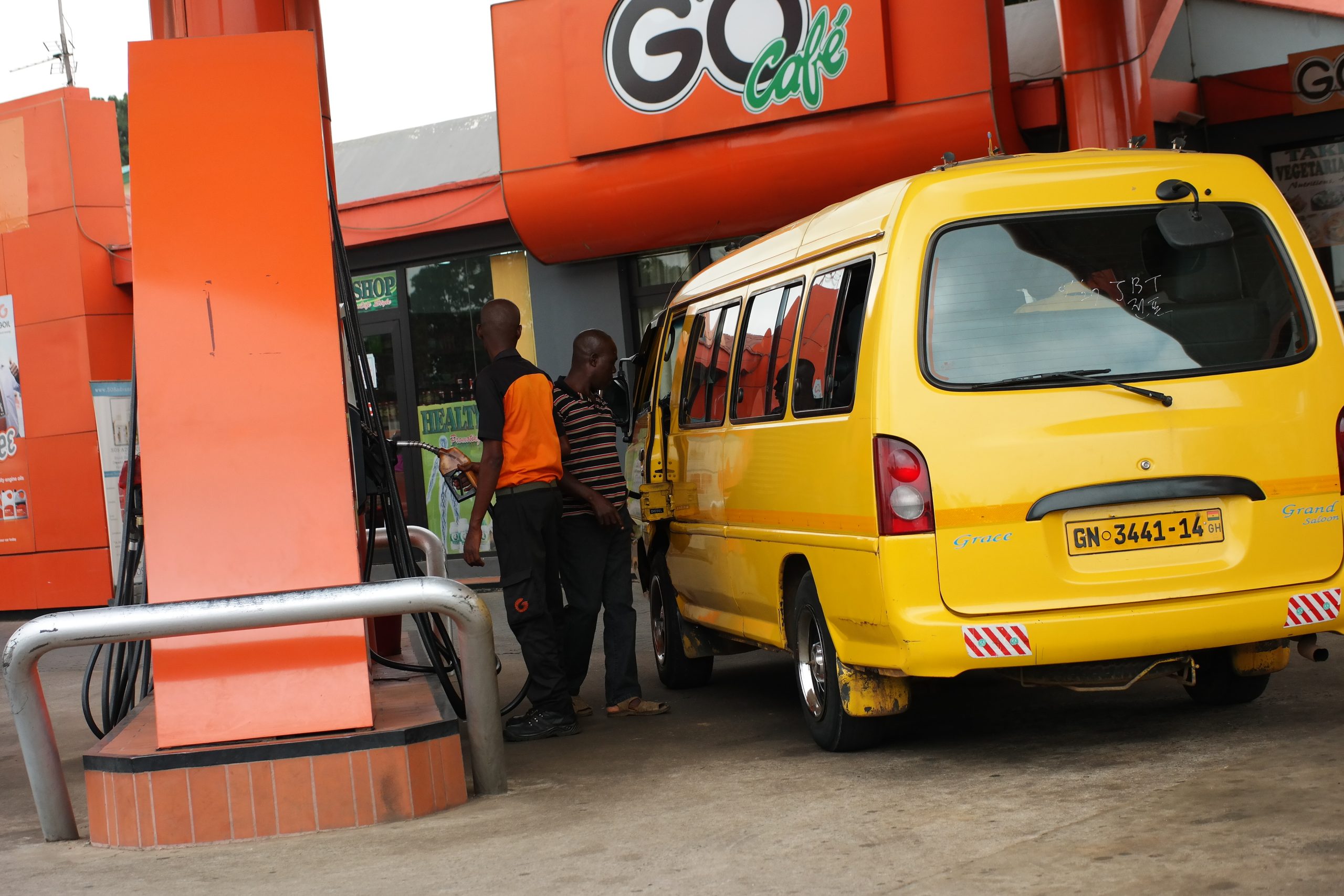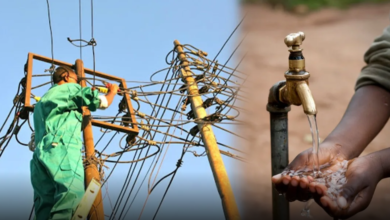Ghana’s Transport Authorities Clash Over 20% Hike as Consumers Brace for Fallout

A storm is brewing on Ghana’s transport front as conflicting signals from key stakeholders threaten to leave commuters in the lurch. The Ghana Road Transport Coordinating Council (GRTCC) has announced a 20% increase in public transport fares effective Friday, August 8, citing rising operational costs, fuel levies, and poor road conditions.
But just hours later, the Chamber of Petroleum Consumers (COPEC) hit back, insisting the fare hike “will not and cannot happen,” and slamming the proposed increment as “drastic,” “baseless,” and harmful to already struggling Ghanaians.
The contradictory statements have created confusion and frustration for millions of daily commuters who rely on shared taxis, tro-tros, and long-distance buses to get to work, school, and markets.
“Everything is expensive already. Food, rent, school fees. Now they want to add transport? How are we supposed to survive?” lamented Akosua, a hairdresser in Madina who commutes daily to Accra Central.

GRTCC’s Case: Costs Are Up, So Fares Must Follow
In its official press release, the GRTCC justified the fare hike on three grounds:
-
Rising fuel costs, especially after a GH¢1 per litre levy was introduced
-
No corresponding drop in spare parts or goods after the last 15% fare cut in May
-
Poor roads, which increase vehicle maintenance costs
GRTCC urged operators and passengers alike to comply with the new fares for a smooth transition.
But COPEC, backed by some of the largest driver unions including the Ghana Private Road Transport Union (GPRTU), is having none of it.
COPEC’s Counter: This Is Not the Time
COPEC’s Executive Secretary Duncan Amoah accused the GRTCC of jumping the gun and ignoring the economic pain of the Ghanaian masses. He argued that:
-
Fuel prices are actually lower now than in January 2025
-
Many drivers already reduced fares by 15% in May, acknowledging the drop in fuel costs
-
Spare parts prices have not significantly risen to warrant such an increase
-
And crucially, the largest driver unions have not agreed to any fare hikes
“Any attempt to enforce this increment will worsen hardship and spark more outrage across the country,” Amoah warned, calling for broader consultations.

Consumers: Caught in the Crossfire
While the bureaucrats battle it out, it’s ordinary Ghanaians who’ll bear the brunt, especially those already budgeting to the last cedi. A 20% fare hike could mean an additional GH¢4 to GH¢10 daily for the average worker, depending on their route.
A Larger Debate: Who Really Decides?
This clash also exposes a deeper issue: who has the final say on fare adjustments? While GRTCC represents a broad coalition of transport operators, COPEC wields significant public influence and often speaks in tandem with fuel and pricing advocacy.
Industry watchers say the GRTCC’s announcement without broad union consensus may weaken enforcement and lead to chaos at terminals, with some drivers charging higher fares while others resist.
What Happens Next?
With just days to the proposed implementation date, commuters, unions, and operators are looking for clarity. Analysts suggest that the Ministry of Transport may need to intervene to mediate and possibly postpone the fare adjustment until all parties are on the same page.
For now, commuters are left waiting and hoping that common sense and empathy for the suffering majority will prevail over competing economic arguments.




